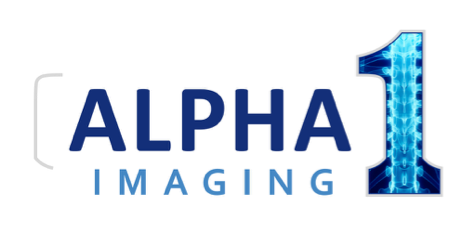Blood clots are a serious concern for elderly patients who tend to spend long periods of time sitting or in bed. Early treatment is necessary to reduce the risk of a blood clot traveling to other parts of the body or causing a pulmonary embolism, which can be fatal. Discovering clots early with a venous ultrasound means caretakers can start treatment before a serious issue occurs.
What is a Venous Ultrasound?
In a nursing home setting, venous ultrasounds are often used to look for blood clots in the legs. The non-invasive procedure produces images of the body’s veins by using sound waves, detecting blockages and potential issues. A venous ultrasound is an ideal choice for elderly patients because it has no known harmful effects – it’s typically painless and usually takes less than one hour to perform.
Arterial ultrasounds generally look for a different problem associated with blood vessels; namely, a buildup of plaque and narrowing of the arteries, which can lead to stroke. This is also more common as people age, which puts elderly patients at a higher risk.
Why do Elderly Patients in Nursing Homes Need Venous Ultrasounds?
Elderly nursing home patients often spend a lot of time with minimal movement; this is especially true for patients on bedrest or with limited mobility. Long periods of sitting or lying down increase the risk of developing blood clots, which can be life-threatening if they break off and move to a different area of the body, such as the lungs. Venous ultrasounds can identify these issues before they become catastrophic.
Patients showing the following symptoms should consider a venous ultrasound:
- Pain, swelling or cramping in the legs
- Swollen hands and feet
- Long-term immobility
- A history of venous thrombosis
- Shortness of breath
Routine venous ultrasounds for elderly patients help identify blood clots so they can be treated before coming loose. Venous ultrasounds are also available for patients who need infusion services or are undergoing dialysis.
What are the Benefits of Receiving a Venous Ultrasound at a Nursing Home?
Preventative care helps improve outcomes and reduces the risk of serious health problems. This is true with blood vessels as well as other areas. Identifying blood clots, plaque buildup or narrowing of blood vessels early helps health care providers treat them before they cause serious problems like stroke or pulmonary embolism.
Typically, venous ultrasounds are administered at a hospital, but that’s not the only option for patients in a nursing home or hospice setting. Mobile diagnostic screening services bring ultrasounds and other imaging services to the care facility, providing several benefits for patients, including:
- Patients receive the ultrasound in the comfort of a familiar environment without the stress of getting transferred to a hospital.
- All patient insurances are accepted by Alpha One.
- Patients get tested sooner because it’s easy to schedule a test, since Alpha One is available 24 hours a day, seven days a week.
- The patient’s physician can make the necessary preparations without the need for multiple hospital visits or tests.
How do Nursing Homes and Care Facilities Benefit from Mobile Ultrasounds for Patients?
Elderly patients aren’t the only ones who benefit from mobile venous ultrasounds; nursing homes and care facilities can also benefit from a mobile imaging service. Here are a few of the benefits:
- Staff members remain on-site instead of accompanying patients to the hospital for testing.
- Overall patient satisfaction increases because the screenings are comfortable, low-stress and covered by the patient’s insurance.
- Mobile ultrasounds make it easier for the facility to provide a high standard of proactive, preventative care for patients.
- The digital reporting offered by Alpha One makes communicating with physicians simple so there’s no extra work for staff members.
Venous ultrasounds are an important part of preventative care for elderly patients, and mobile diagnostic screening services make is easy to provide this test for nursing home residents. Call Alpha One to schedule a convenient screening visit at your care facility.
